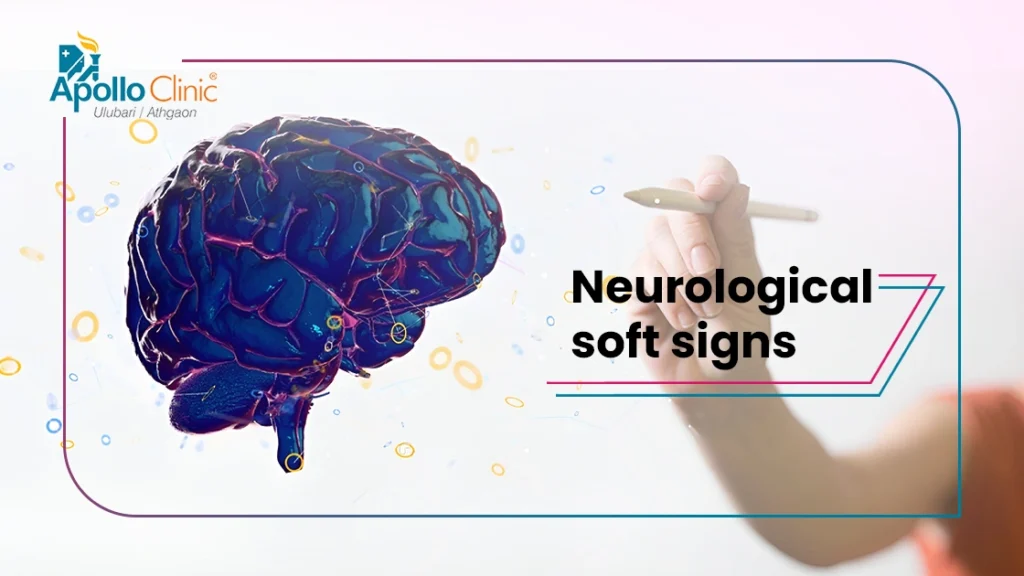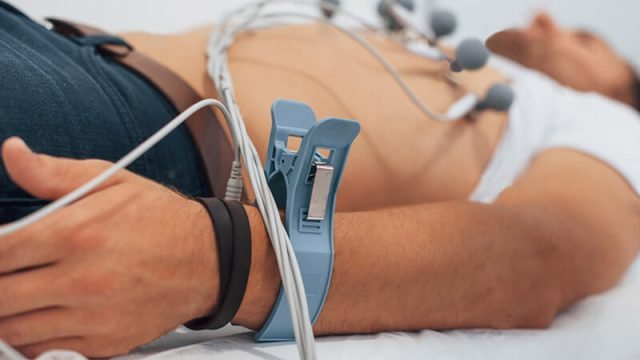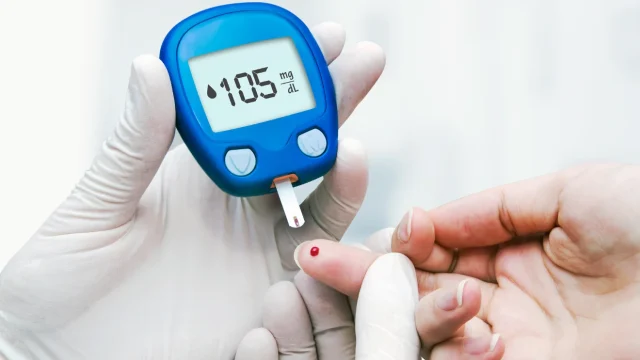Our complex network of nerves and muscles work as a team in synchronized harmony. However, at times, some notes may go off-key and create disharmony. Consequently, they lead to subtle neurological soft signs that may indicate abnormalities.
So, these neurological soft signs provide clues to doctors to help detect neurological impairments. Also, they help in indicating signs of complex conditions like schizophrenia and many other psychiatric disorders.
Therefore, doctors observe these subtle soft signs to gain insights into the functions of the brain. Also, they develop more effective diagnostic approaches.
Let us read along to learn more about neurological soft signs in this comprehensive guide.
What are Neurological Soft Signs?
In broad terms, neurological soft signs are subtle neurological aberrations that are normally not part of the neurological syndrome. Therefore, they may indicate particular deficits. These deficits may be in sensory integration, motor coordination, and doing complex motor acts. Consequently, clumsiness, problems with rapid alternating movements, poor balance, abnormal gait, and difficulty in coordination of different senses indicate such deficits. Also, neurological soft signs are obvious in schizophrenia patients. However, they are also seen in other psychiatric disorders or neurological conditions.
Neurological soft signs are therefore helpful diagnostic tools, but not limited or specific to any one disorder. Therefore, doctors interpret them in combination with thorough medical and psychiatric evaluation.
Types of Neurological Soft Signs
Neurological soft signs can be categorized into three different types. Also, they provide valuable clues to detect schizophrenia, autism spectrum disorder, and many neurodevelopmental disorders.
Categories of neurological soft signs:
Motor Signs
These signs can be indicative of the following conditions:
- Dyspraxia which is difficulty in planning and executing motor tasks, such as buttoning a shirt or tying shoes.
- Ataxia which is poor coordination of movements, leading to clumsiness and unsteadiness.
- Dystonia or involuntary muscle contractions that cause abnormal postures or movements.
- Abnormal Postures or unusual postures, such as a persistent asymmetrical tonic neck reflex (ATNR) or a persistent asymmetrical tonic labyrinthine reflex (ATLR).
- Abnormal walking patterns.
Sensory Signs
These neurological soft signs are indicative of:
- Difficulty processing sensory information, such as touch, sight, sound, smell, and taste.
- Poor balance or problem in maintaining balance in walking on uneven surfaces or standing on one leg.
- Abnormal reflexes or persistence of primitive reflexes, such as the Moro reflex or the Babinski reflex, beyond infancy.
Cognitive Signs
These neurological soft signs are indicative of:
- Attention deficit or difficulty focusing attention, easily distracted.
- Memory impairment or problems with short-term or long-term memory.
- Executive function deficits or difficulty with planning, organizing, and problem-solving.
- Language difficulties or problems with understanding or producing language.
However, neurological soft signs can vary in severity and may not always indicate serious neurological conditions. Doctors, consider them as valuable tools for the identification of problems and intervention.
The Link Between Neurological Soft Signs and Schizophrenia
Neurological soft signs are extremely important and studied in relation to schizophrenia. Also, these subtle neurological abnormalities have emerged as potential biomarkers for the disorder.
Recent studies and extensive research show individuals with schizophrenia exhibit a higher prevalence of neurological soft signs than the general population. Moreover, these soft signs can be seen in various forms, including motor, sensory, and cognitive impairments.
Neurological Soft Signs as a Biomarker for Schizophrenia
Neurological soft signs easily provide insights into the neurobiological mechanisms of schizophrenia. Therefore, by identifying these subtle neurological deficits, doctors and researchers get a sound understanding of the disease process. Consequently, they are able to develop more effective diagnostic and therapeutic approaches.
Recent studies show that neurological soft signs are also associated with specific symptoms of schizophrenia. These may include negative symptoms and cognitive impairment. Therefore, these findings suggest that soft signs could be a potential biomarker for predicting disease course and treatment response.
Neurological Soft Signs and Schizophrenia Test Pictures
Neurological soft signs are generally assessed through neuropsychological tests and observation. However, the latest neuroimaging techniques allow better quantitative evaluation of these signs.
Therefore, neuroimaging studies, like magnetic resonance imaging (MRI), and diffusion tensor imaging (DTI), reveal structural and functional abnormalities. These are seen in the brains of individuals with schizophrenia. Therefore, schizophrenia test pictures match the presence of neurological soft signs.
Consequently, researchers can see these neural alterations and get a deeper understanding of their basis and their relation with schizophrenia.
Diagnosing Neurological Soft Signs
You can get an accurate diagnosis with the help of a neurologist. Moreover, the assessment generally involves various tests:
- Motor coordination tests help assess the ability to perform tapping fingers or pronation and supination of the hands.
- Sensory integration tests can help to assess the ability to coordinate vision and touch.
- Sequencing of complex motor acts tests helps to assess the ability to perform a series of movements in a specific order.
- Eye movement tests help to assess the ability to follow a moving object with the eyes.
Therefore, if you think you may have neurological soft signs, see a doctor for evaluation.
Neurological Examination
Neurological examinations help in a detailed assessment of the nervous system. Also, these tests include the brain, spinal cord, and nerves. Consequently, the tests help to diagnose various neurological conditions disease progression, and treatment impact.
Components of a Neurological Examination:
- Mental Status helps to evaluate memory, attention, language, and problem-solving.
- Cranial Nerve Examination helps in assessing the cranial nerves responsible for sensory and motor functions of the head and neck.
- Motor systems help to evaluate muscle strength, tone, coordination, and reflexes.
- Sensory System helps in assessment of touch, pain, temperature, vibration, and proprioception
- Cerebellar Function helps to evaluate balance, coordination, and fine motor skills.
Specialized Tests
Doctors may also resort to various specialized tests to understand neurological conditions:
- Electroencephalography (EEG) records brain electrical activity to detect epilepsy, sleep disorders, and other brain abnormalities. Also, Electromyography (EMG) to measure muscle electrical activity and nerve and muscle function.
- Nerve Conduction Studies (NCS), to evaluate the speed and efficiency of nerve conduction.
- Magnetic Resonance Imaging (MRI), to provide detailed images of brain and spinal cord structures.
- Computed Tomography (CT) Scan to create cross-sectional images of the brain and spinal cord.
- Lumbar Puncture (Spinal Tap), to collect cerebrospinal fluid for analysis to diagnose infections, inflammation, or other conditions.
Treatment and Management
Treatment for neurological conditions is related to specific diagnoses involving medications, therapies, and lifestyle modifications.
Medications:
- Neurologists prescribe Antiepileptic Drugs (AEDs) to control seizures in epilepsy.
- Antisplasticity Medications are given to reduce muscle spasticity for multiple sclerosis.
- Pain Medications help to manage pain associated with neurological conditions.
- Neuroprotective Medications are given to protect nerve cells from damage.
- Immunomodulatory Medications help to treat autoimmune neurological disorders.
Therapies:
Doctors also suggest:
- Physical Therapy to improve strength, balance, coordination, and mobility.
- Occupational Therapy to help with daily living and functional skills.
- Speech-language therapy corrects communication and swallowing difficulties.
- Psychological Therapy provides emotional support and coping strategies.
Lifestyle Modifications:
Doctors also suggest the following:
- A balanced diet rich in fruits, vegetables, and whole grains can support overall health and brain function.
- Physical activity to improve cardiovascular health, mood, and cognitive function.
- Sufficient sleep for brain health and cognitive function.
- Stress Management techniques help to reduce stress.
- Limiting alcohol and tobacco to reduce the risk of neurological damage.
Conclusion
This blog must have given you a fair idea of how neurological soft signs can be valuable indicators of underlying neurological impairment. Also, their presence can prompt further investigation and early intervention.
Therefore, if you notice any of these signs in yourself or a loved one, it’s essential to consult with a qualified neurologist.
Additionally, for comprehensive neurological assessments and care, consider visiting Apollo Clinic Ulubari. Get a thorough consultation with experienced neurologists for accurate diagnosis and treatment plans.
Consider seeking timely medical help. Call 9085612000 for an appointment today.











